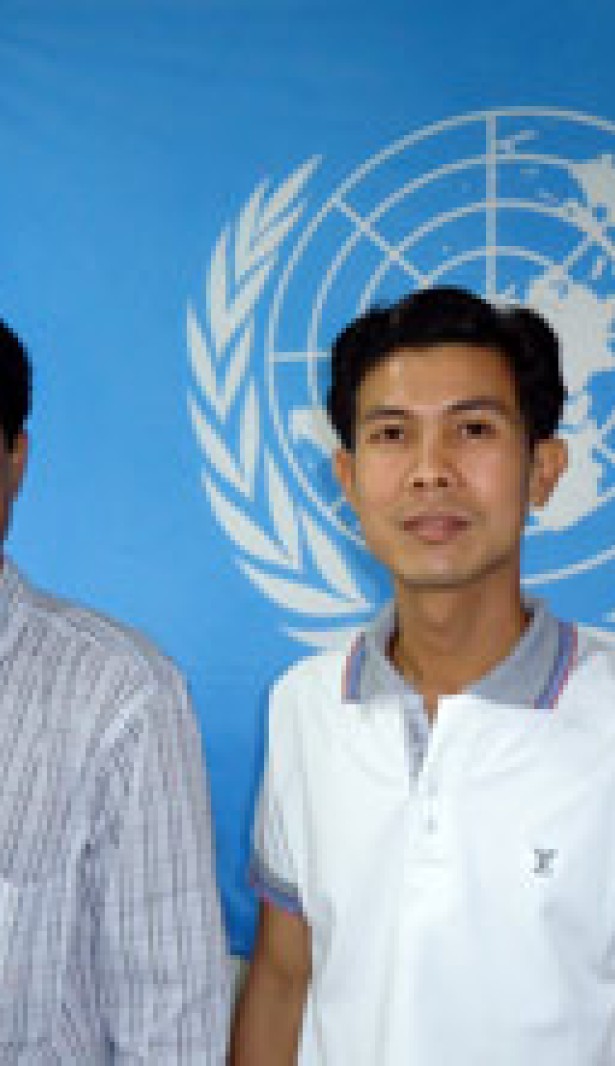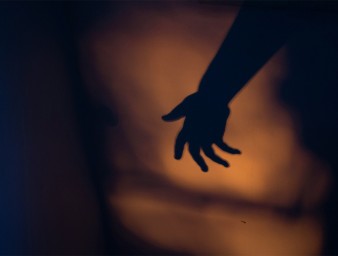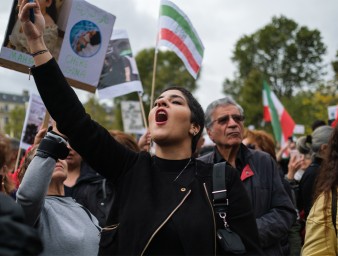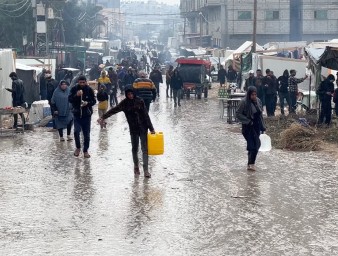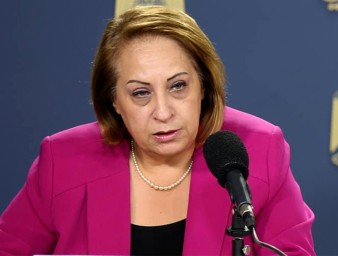Justice achieved: two wrongful convictions overturned by the Cambodian Supreme Court
04 October 2013
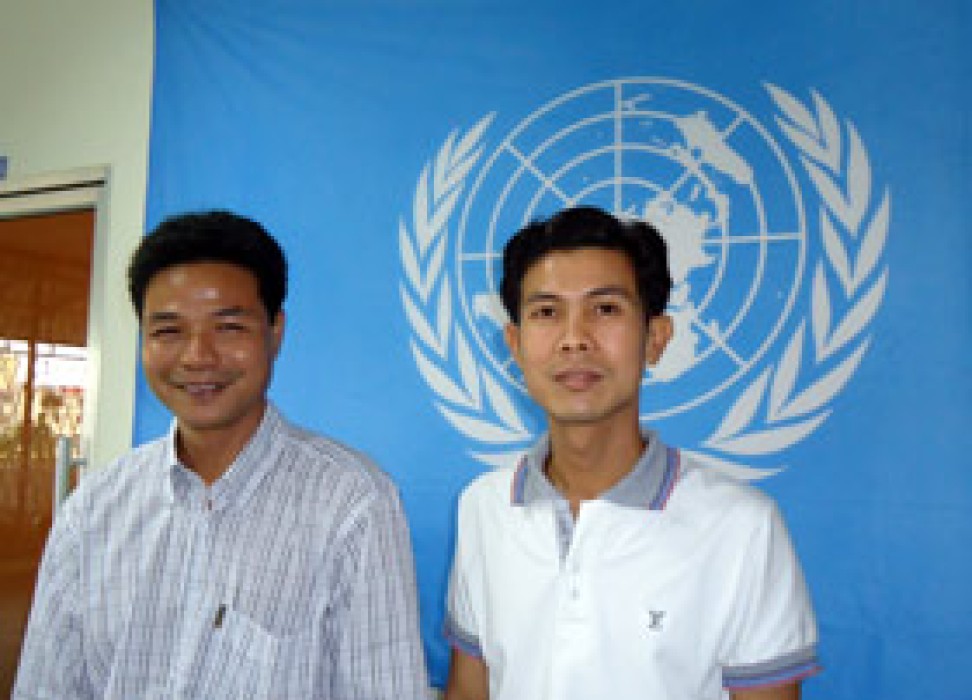
The packed court room erupted in applause when the Cambodian Supreme Court delivered its verdict acquitting the two men convicted of the 2004 murder of the country’s most prominent trade unionist, Chea Vichea. Both men had been sentenced to 20 years in prison and had already served more than five years.
As leader of the Free Trade Union of Workers of the Kingdom of Cambodia, Chea Vichea had publicly advocated for better wages and conditions for the country’s thousands of garment workers. He had been threatened many times but did not retreat. In an interview included in the documentary “Who killed Chea Vichea?” the trade unionist declared that he was not afraid and considered that he did not have a choice: “If I leave, who will look after the people?”
Chea Vichea was shot in the head and chest at point blank range while reading a newspaper, at a newsstand, in Phnom Penh, Cambodia’s capital early one morning in 2004. He died on the street.
Shortly after, two men, Born Samnang and Sok Sam Oeun were arrested and charged with his murder. The original investigating judge who tried to have the charges against them dismissed for lack of evidence was removed from his post. They were tried and sentenced to 20 years in prison. The UN Human Rights Office, the International Labour Organisation (ILO) and successive UN Special Rapporteurs on human rights in Cambodia, closely monitored the trials and subsequent convictions of the two and on several occasions drew attention to the lack of credible evidence in both cases.
Born Samnang and Sok Sam Oeun spent 2072 days in prison – they counted every day -while pressure was brought to bear to have their cases revisited.
In 2009 the High Commissioner for Human Rights submitted an amicus curiae brief to the Cambodian Supreme Court which ordered their release and a fresh investigation. However, at the end of 2012 their convictions were upheld and sentences confirmed.
They appealed again and on 25 September of this year the Supreme Court ordered their release citing the lack of evidence, the reliance on a retracted confession obtained under duress, the disregard for testimony from the sole witness that Born Samnang and Sok Sam Oeun were not the people involved, and alibis from both men which proved they were nowhere near the scene of the crime.
As soon as they were released, the two men visited the United Nations Human Rights Office in Phnom Penh to express their thanks for its support throughout the nine years of legal proceedings.
The UN Human Rights Office in Cambodia and the regional ILO office in South East Asia welcomed the acquittals but stressed the need now for a full investigation into the murder of Chea Vichea to ensure that the real perpetrators are prosecuted, tried and punished.
A number of human rights groups in Cambodia also released a statement applauding the decision and described the atmosphere in the court when the verdict was handed down as “jubilant”. “However, although [the] decision represents a victory of sorts for the two accused,” the statement said, “justice for Chea Vichea remains elusive. His real killers remain at large and the Cambodian authorities must re investigate the case in order to demonstrate that impunity does not reign in Cambodia.”
Addressing the Human Rights Council meeting in Geneva, Deputy High Commissioner for Human Rights, Flavia Pansieri noted the assistance provided over the years by the UN Human Rights Office in Cambodia to Born Samnang and Sok Sam Oeun and its monitoring of the judicial processes. Pansieri said the decision by the Supreme Court decision brought a “just conclusion to their ordeal”.
Judicial reform is a major focus of the work of the UN Human Rights Office in Cambodia, which strives to promote the independence and professionalism of the judiciary, strengthen the capacity of lawyers to protect fair trial rights and other international human rights standards, reduce the backlog of cases before the Appeal Court, and encourage the substantive, procedural and managerial lessons being learned at the Khmer Rouge tribunal to spread to ordinary Cambodian courts.
2013 marks the 20th anniversary of the World Conference on Human Rights, which led to the adoption in 1993 of the Vienna Declaration and Programme of Action and the establishment of a High Commissioner for Human Rights. Its creation gave a new impetus to the recognition of human rights principles which has seen fundamental progress in the promotion and protection of human rights.
The OHCHR Cambodia Country Office is the oldest field presence of OHCHR, established in October 1993. It has been through several transformations and traces its origins back to the United Nations Transitional Authority in Cambodia (UNTAC). OHCHR operates in Cambodia at the request of successive United Nations resolutions, and with the agreement of the Government.
4 October 2013
